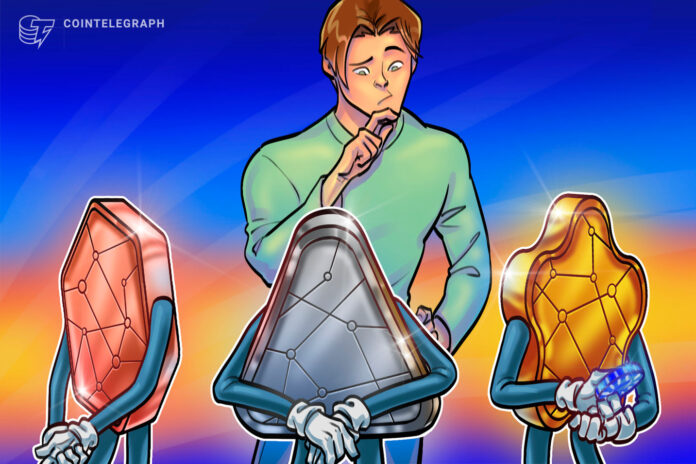A new decentralized autonomous organization (DAO) purportedly made up of a “dedicated group of Azuki enthusiasts” has launched a proposal to claw back 20,000 Ether (ETH) from Zagabond, the founder of the blue-chip nonfungible token (NFT) brand Azuki.
The proposal, initiated on July 2, outlines hiring a lawyer to take legal action against Zagabond, whose real name is Alex Xu, for allegedly “rugging” multiple projects. The clawback seeks $39 million worth of ETH earned from the launch of Azuki’s controversial “Elementals” NFT collection. It proposes allocating any funds retrieved back to the DAO to “promote the growth of the entire Azuki community.”

At the time of publication, 88.11% of AzukiDAO (BEAN) tokens have been used to vote in favor of the action, while 11.9% have voted against it. The proposal is scheduled to end at 6:38 am UTC on July 3.
What is AzukiDAO?
However, while AzukiDAO claims to be made up of “OG Azuki holders,” some have questioned the origins of the DAO and its relationship to members of the Azuki project.
In a July 3 Twitter thread, pseudonymous commentator Tytan.ETH informed his 19,000 followers that most Azuki holders had never heard of the AzukiDAO and assumed it was “either fake or a group with malicious intent.”
Here’s more info on where the original tweet about the AzukiDAO came from. Most Azuki holders have never heard of this group and assume it’s either fake or a group with malicious intent.
The token for voting was minted two days ago sooo there’s that: https://t.co/pF37xr0fQE https://t.co/0SbJLKcnNT
— Tytan.ETH (@Tytaninc) July 2, 2023
Data from Etherscan shows the contract for the BEAN token being used to vote on the proposal was minted just two days ago, while the associated Twitter page was created only in June 2023, and its Discord channel shows only 116 members.
Cointelegraph contacted Azuki, Zagabond and AzukiDAO for comment but did not receive an immediate response.
Elementals controversy explained
Holders of Azuki NFTs and pundits from the broader NFT community have levied much criticism at the Azuki team ever since the controversial launch of its Azuki Elementals collection on June 27.
The Elementals project was first hinted at during an Azuki-branded event hosted in Las Vegas on June 23, with a small allocation of the 20,000 NFTs airdropped to select Azuki holders.
The remaining NFTs became available for purchase at 4 pm on June 27. Existing holders of Azuki NFTs and holders of “BEANZ” — another derivative project — were given a 20-minute presale window.
Related: Yes, the Secret Service has an NFT collection, and no, it’s not for sale
The sale never went public, as the entire collection was snapped up in private sales in under 15 minutes. Overall, the launch earned the Azuki team $38 million.

This drew widespread backlash, with grievances ranging from the small presale window to mint failures from an overloaded website, and the lack of originality in the new NFTs art.
NFT holders also expressed concern that releasing 20,000 new NFTs would dilute the value of preexisting NFTs in the collection. The controversy peaked when the project team reportedly transferred 20,000 ETH from the wallet soon after the collection was minted out.
Magazine: 4 out of 10 NFT sales are fake: Learn to spot the signs of wash trading
Hits: 0











